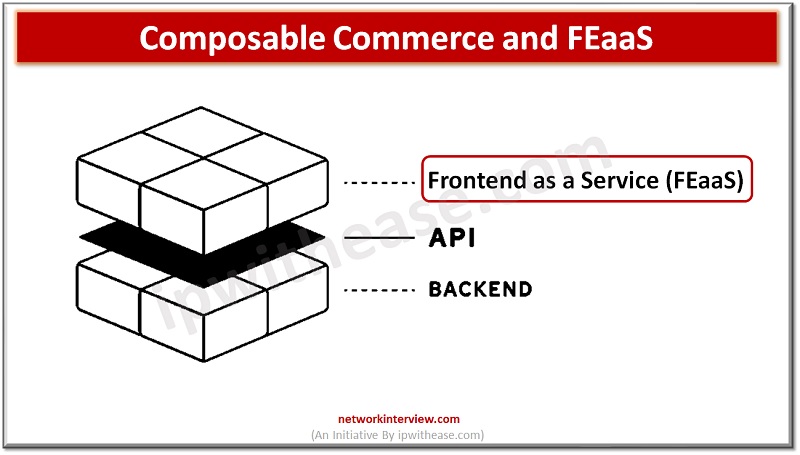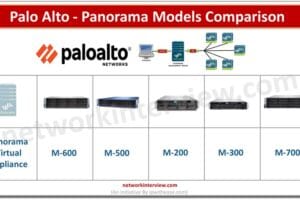
How Composable Commerce and FEaaS are Driving Growth in Online Retail?
Today’s digital world has opened up a new realm of possibilities for retail businesses. With the introduction of composable commerce and FEaaS (Frontend as a Service), online retailers now have access to tools that can help them drive growth in their industry.
This article will explore how these two technologies are revolutionizing the way businesses approach e-commerce and what they can do to take advantage of them.
What is Composable Commerce?
Composable commerce is a cloud-based platform that enables retailers to build tailored shopping experiences from prebuilt APIs, components, and services (it would help to find out what is PWA). With composable commerce, retailers can quickly create engaging and personalized e-commerce storefronts for customers on any device.
Composable commerce makes it easier for retailers to create a user-friendly shopping experience. By using prebuilt components and services, retailers can create pages faster and get them up and running quickly. Retailers can focus on other aspects of their e-commerce business, such as marketing or customer service, without worrying about creating a complicated website. Composable commerce allows retailers to integrate third-party services, such as payment systems or analytics.
What is FEaaS?
Frontend as a Service (FEaaS) is a cloud-based platform that allows retailers to create and customize the user interface of their websites with minimal effort. FEaaS enables companies to quickly design, deploy, and manage the look and feel of their digital storefronts without relying on developers or other technical resources.
FEaaS makes it easier for retailers to customize their websites and create a more personalized customer experience. With FEaaS, retailers can quickly design, deploy, and manage the look and feel of their digital storefronts without relying on developers or other technical resources. This allows companies to focus on creating better experiences for their customers instead of spending time learning how to code.
How composable commerce and FEaaS are driving growth in online retail:
Composable commerce and FEaaS are revolutionizing how online retailers approach e-commerce, allowing them to quickly build tailored shopping experiences for customers at scale. By leveraging these platforms, businesses can deliver personalized experiences that drive engagement and sales while providing valuable insights into customer behavior.
By using composable commerce, retailers can easily integrate third-party services, such as payment systems and analytics, which can provide valuable insights into customer behavior. This, in turn, helps businesses better understand their customers’ needs and create better experiences for them.
FEaaS also makes it easier for companies to customize their websites and create a more personalized customer experience. With FEaaS, retailers don’t have to worry about coding or learning how to design a website from scratch; they can drag and drop elements onto the page with an easy-to-use interface and be done in minutes. This speeds up the process of creating engaging digital storefronts that drive customer engagement and sales growth.
Challenges with transforming to a composable ecosystem
Although composable commerce and FEaaS provide a powerful platform for businesses to create tailored shopping experiences, some challenges still need to be addressed. Integrating legacy systems with these new technologies is one of the most significant difficulties. Companies must ensure their existing systems are compatible with the new platforms to take full advantage of them. In addition, companies must also consider data security when working with third-party services and scalability when building or managing large amounts of data.
Another challenge is that these technologies are relatively new and still developing. As a result, businesses must be aware of the risks associated with using them and ensure they have strategies to mitigate any potential problems.
Tips for implementation and optimization
To take full advantage of composable commerce and FEaaS, businesses must adopt the following best practices:
- Leverage customer data – Companies can create personalized experiences that drive engagement and sales growth by leveraging customer data.
- Utilize third-party services – Integrating third-party services can provide valuable insights into customer behavior and help businesses better understand their customers’ needs.
- Invest in testing – Testing is critical for ensuring that websites are compatible with the new technology and functioning correctly.
- Focus on scalability – Companies must ensure that their systems can handle large amounts of data as they grow their digital presence.
- Prioritize security – Businesses must prioritize data security when working with third-party services to ensure customer safety and information privacy.
All in all
Composable commerce and FEaaS are revolutionizing how online retailers approach e-commerce, allowing them to quickly build tailored shopping experiences for customers at scale. By leveraging these platforms, businesses can deliver personalized experiences that drive engagement and sales while providing valuable insights into customer behavior.
For companies to take full advantage of these technologies, however, they need to consider legacy system compatibility, data security, and scalability challenges and implement best practices such as leveraging customer data and utilizing third-party services. With the right strategy, businesses can unlock the potential of composable commerce and FEaaS to drive growth and success in online retail.
Continue Reading:
Top Tips for Building a Successful E-Commerce Business
Tag:services



